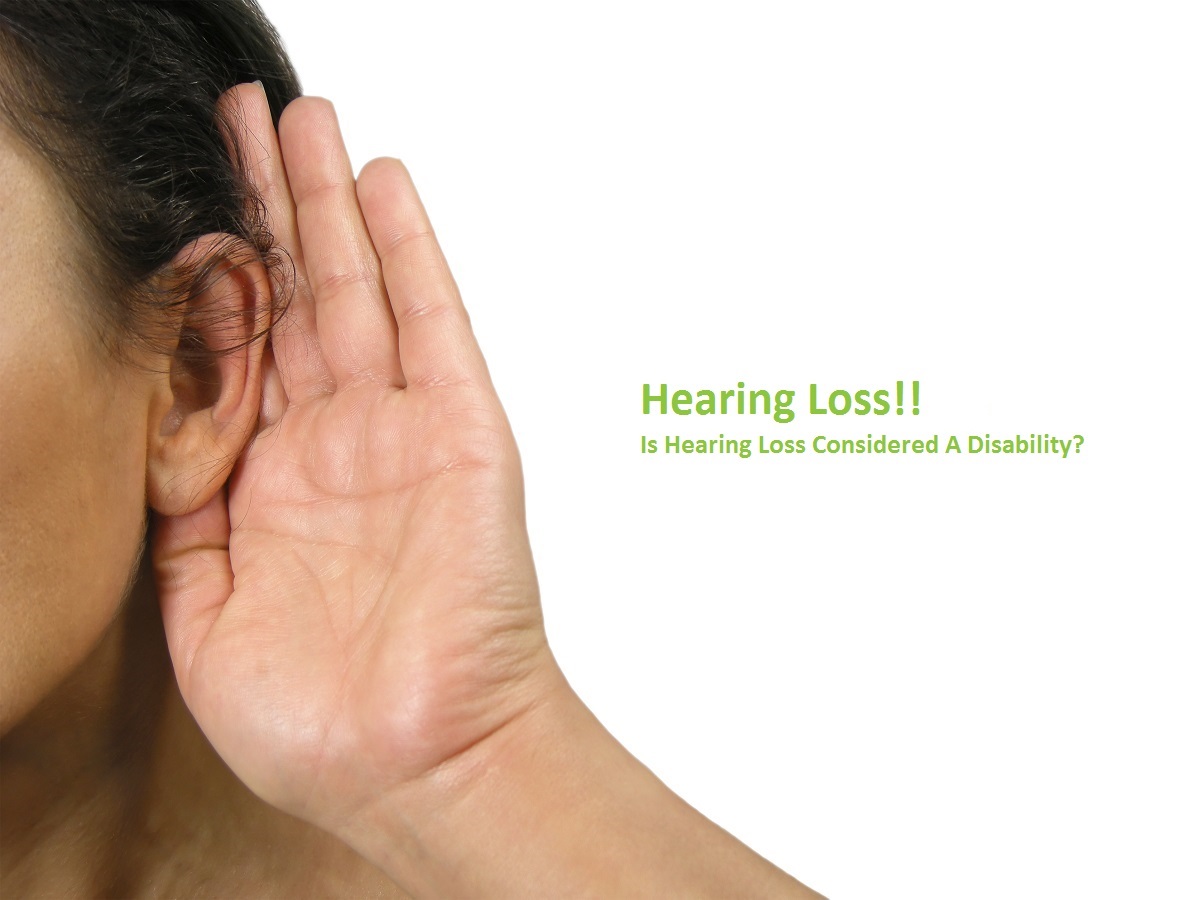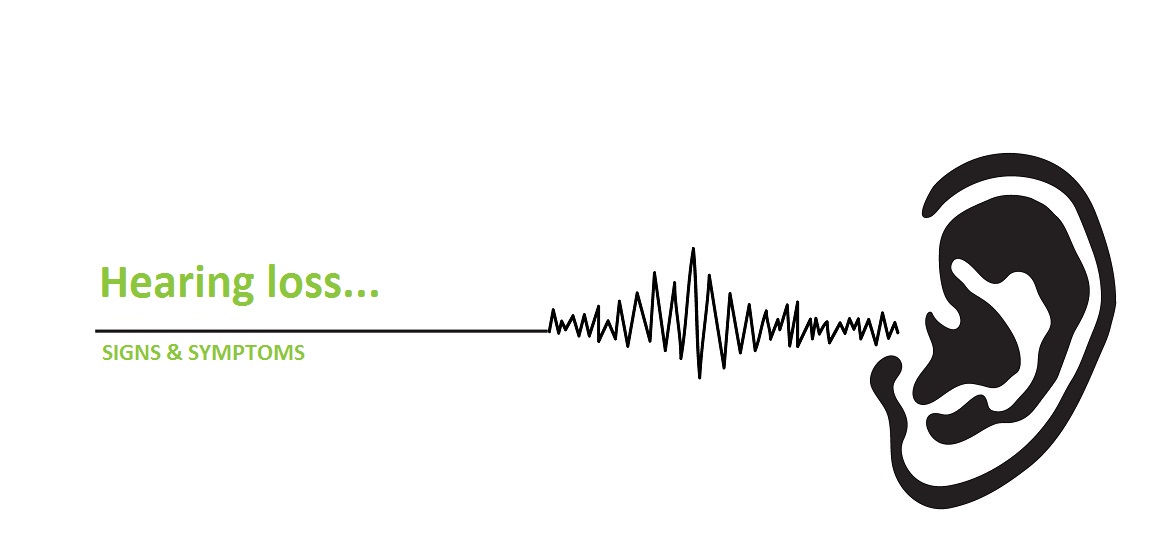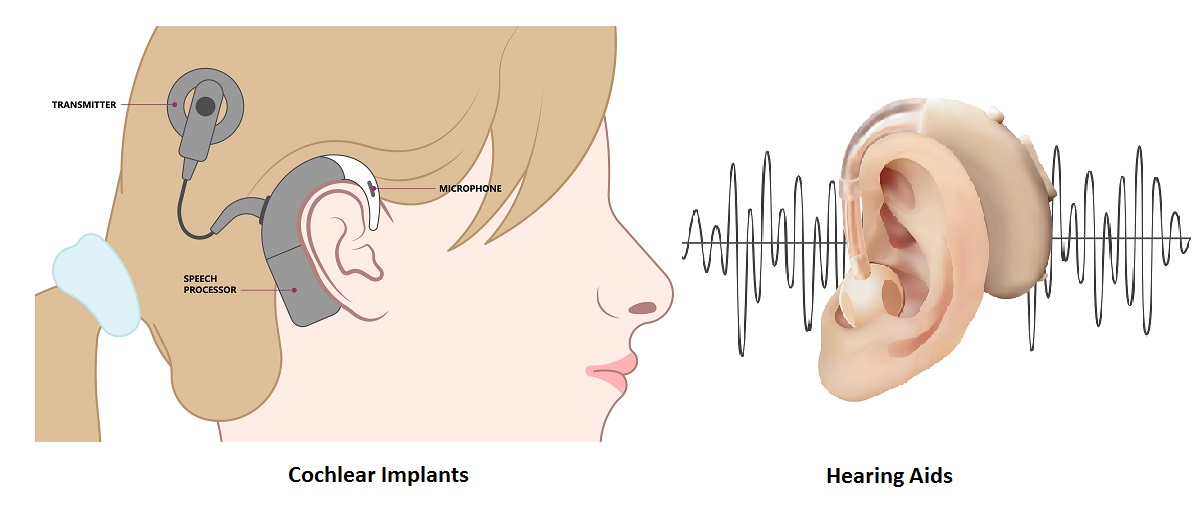Is Hearing Loss Considered A Disability?

Is hearing loss a disability? Approximately 3.6 million Australians suffer from hearing loss. Nearly half of them are children affected by deafness-causing ear diseases. These remarkably high numbers indicate that poor ear and hearing health is a significant issue in Australia, impacting millions of people across the country on a daily basis.
The value of good hearing
Our ears are fundamental for interacting with others. They also control our sense of balance. If your ears are not functioning correctly, you may experience lifelong consequences, including hearing loss and cognitive problems. That is why it is critical to protect our hearing.
To better understand hearing loss and support an affected loved one, we will discuss its fundamentals, including the most common causes and treatments.
Hearing loss defined
Hearing loss means a diminished hearing capacity. It can happen in one or both ears. The degree of seriousness can range from mild to severe. However, prompt action is essential at all levels.
A hearing test will be able to determine the severity of your condition.
Four categories of hearing loss
As with the severity levels, there are various types of hearing loss. Some are temporary, while others are permanent. Knowing each will help you understand your condition if you have one.
1. Auditory Processing Disorders
Due to the brain’s inability to process sound, this condition makes it challenging to comprehend spoken language. It may also make it hard to figure out where sounds originate.
Auditory processing disorder has five types. Some people may have more than one. Among them are hypersensitivity, decoding, integration, prosody, and organisational deficiencies. A child with APD (Auditory Processing Disorder), for instance, may not understand one or both speakers if they are talking on both sides simultaneously.
Minor auditory processing issues worsen as the auditory nervous system becomes less flexible with age. When this happens, it will be tougher to listen to and understand language, especially if there is noise in the background.
2. Conductive Hearing Loss
CHL develops when the outer or middle ear blocks sound from entering the inner ear, causing hearing loss. Typically, these conditions are transient and treatable.
Earwax buildup, infection, a perforated eardrum, fluid accumulation, or abnormal bone growth in the ear are all potential causes of this condition.
3. Sensorineural Hearing Loss
SNHL occurs as a result of inner ear damage or ruptured eardrums. In other cases, malfunctioning nerve pathways, such as the cochlea, prevent accurate electrical information transmission to the brain. That makes it hard to hear quiet sounds. It can also distort or muffle relatively loud sounds.
This condition almost always results in permanent deafness, but a hearing specialist can take steps to improve what you hear. St. Jude’s has a track record of success with cochlear implants. In addition, their NDIS speech pathology providers will assist you in maximising the effectiveness of your assistive technology.
4. Mixed Hearing Impairment
This type includes both conductive and sensorineural hearing loss.
The most common causes of hearing loss
Age-related hearing loss is the most common cause, but the following factors can cause hearing loss at any age.
- Genetics – Hearing loss can develop at birth or later in life. It can be inherited from either one or both parents. Parents and the baby may have normal hearing at first, but the baby could carry a gene from one of the parents that could eventually lead to hearing loss. Some may be part of a genetic syndrome such as Downs, Usher or Crouzon.
- Illnesses – High-fever diseases such as meningitis, mumps or chicken pox can harm the inner ear or cochlea.
- Loud Noises – Long-term exposure to loud noises can damage the cells in your inner ear, as can a brief blast of noise. Any sound that is 90 decibels or higher can cause long-term damage to the delicate hair cells in the inner ear.
- Medications – Certain medications, including the antibiotic gentamicin, sildenafil, and chemotherapy drugs, can cause damage to the inner ear. On the other hand, high doses of aspirin, pain relievers, antimalarial drugs, or loop diuretics can cause temporary deafness or tinnitus.
Hearing loss signs and symptoms

Hearing loss can manifest in several ways. It may be challenging to identify at first, but the following are common symptoms:
- Difficulty hearing conversations and understanding what people say
- Inability to interpret what people say unless they face you
- Frequently needing to ask people to repeat themselves
- Hearing muffled sounds, as if people are mumbling
- Needing to turn up the volume louder than others
- Often missing warning signs like alarms, phone or doorbell ringing
- Constant buzzing or ringing in your ears (tinnitus).
First and foremost you must discuss these symptoms and concerns with your doctor, as they will be able to provide you with a diagnosis and professionally inform you on the best course of action.
When it comes to treatment for hearing loss under the NDIS, you can inform your support coordinator of your diagnosis, who can then assist in connecting you to the right services and supports.
Is hearing loss a physical or intellectual disability?
Hearing loss is commonly regarded as a physical disability because it impacts the ears, and subsequently one’s hearing ability.
The impact of untreated hearing loss on people’s lives
Untreated hearing loss can have social, psychological, cognitive, and health consequences. These effects can manifest differently, but potentially can negatively affect your overall quality of life if left untreated.
For example, a person avoid attending parties and other social events because they have difficulty keeping up with the conversation. Work meetings with a lot of talking may make a person with hearing loss anxious, affecting your work performance. Over time, this sense of isolation linked to hearing loss may lead to feelings of depression and anxiety.
Treatment options for hearing loss

Hearing loss is irreversible in most cases, but there are numerous measures and technologies that can help restore or improve your hearing:
Surgery
Surgery is usually a treatment for conductive hearing loss cases.
Hearing Aids
Hearing aids are battery-powered, removable devices that sit behind the ear to amplify sounds and lessen the prominence of ambient noise.
Cochlear Implants
Cochlear implants are complex devices surgically implanted behind the ear to bypass the damaged part of the ear and directly stimulate the auditory nerve.
Cochlear implants vs hearing aids

Cochlear implants are permanently attached, unlike hearing aids, which are removable anytime. However, the implant’s outer shell can be removed and replaced with water-resistant ones for swimming and other activities. On the other hand, hearing aids require some adjustment time but not too much.
Hearing aids amplify sounds. Cochlear implants directly stimulate the auditory nerve, which the brain interprets as sound. Thus, the sounds you hear through the implant may seem unnatural. You may also hear unusual sounds caused by magnetic fields, which require the assistance of speech pathologists and audiologists to interpret.
To read more: Hearing Aids vs Cochlear Implants
Does the NDIS cover hearing support?
Those who don’t qualify for the Hearing Services Program (HSP), like children and adults under 26, can get help with their hearing through the NDIS. Cochlear implants and hearing aids qualify as long as they are deemed reasonable and necessary.
Hearing aids and cochlear implants are classified as ‘assistive devices’. However, you must meet the eligibility requirements and include assistive technology in your NDIS plan.
It is important to note that the NDIS does not currently cover surgical procedures or consultation with audiologists or other specialists for hearing loss.
St. Jude’s Disability Services
Everyone deserves to live without negative complications of hearing loss. Here at St Jude’s Disability Services, we are always available and ready when it matters the most.
If you’ve already seen a doctor or audiologist, one of our NDIS Support Coordinator’s can help connect you with the right NDIS supports to treat your hearing loss. If you do not yet have an NDIS plan, we can also assist you in your NDIS application. Contact our friendly team today.
|
|


